Have you ever wondered if your fur baby is living its best life? As pet parents, we’re all guilty of sneaking them an extra treat or two, but when it comes to your dog’s health, it’s time to think beyond the biscuit. You don’t need a degree in veterinary medicine to keep your dog in tip-top shape. A few savvy choices can go a long way in ensuring your pooch stays vibrant and full of tail-wagging joy through every stage of their life. Let’s embark on this journey together, and even if your dog can’t read, they’ll definitely feel the love.
1. They Need A Balanced Diet (Some Foods Should Be Avoided)
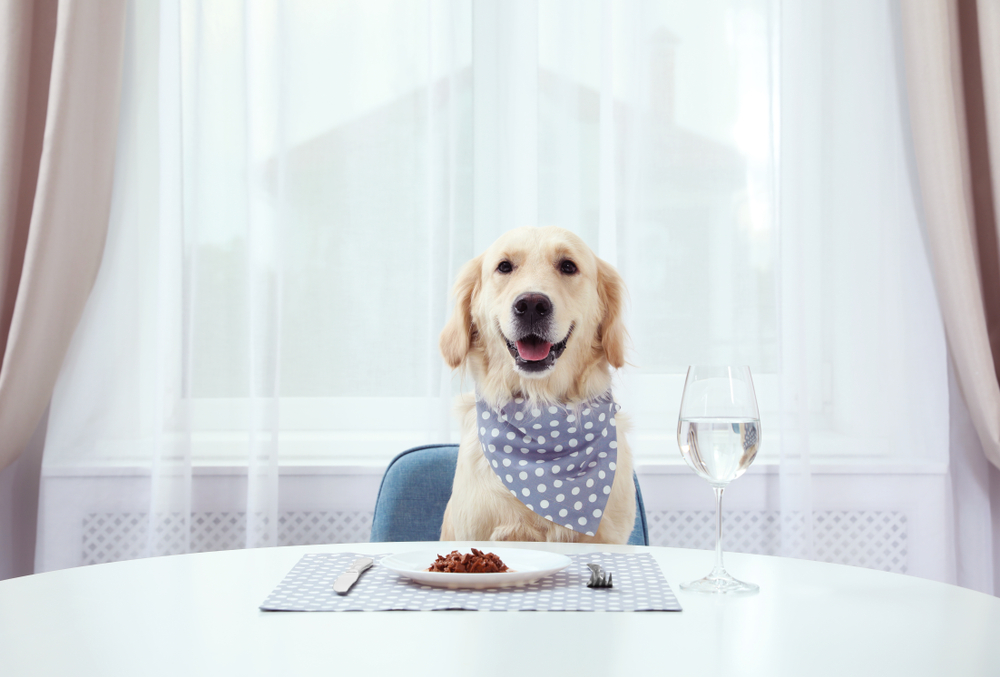
Your dog’s diet is the foundation of their health, so let’s make it count. It’s easy to get lost in the sea of pet food brands promising everything under the sun, but the American Kennel Club advises focusing on foods that list real meat as the first ingredient. Avoid fillers like corn and soy that don’t add nutritional value. Instead, choose a balanced formula suitable for your dog’s age, size, and breed, and consult your vet for personalized advice.
As your dog ages, their dietary needs change, too. Puppies need more protein and fat for growth, whereas senior dogs may require fewer calories to prevent obesity. Keep an eye on how your dog responds to their diet—soft stools or excessive gas might indicate intolerance. Adjust as needed to ensure their diet supports a healthy weight and provides all essential nutrients.
2. They Need Daily Exercise (For Their Heart And Weight)
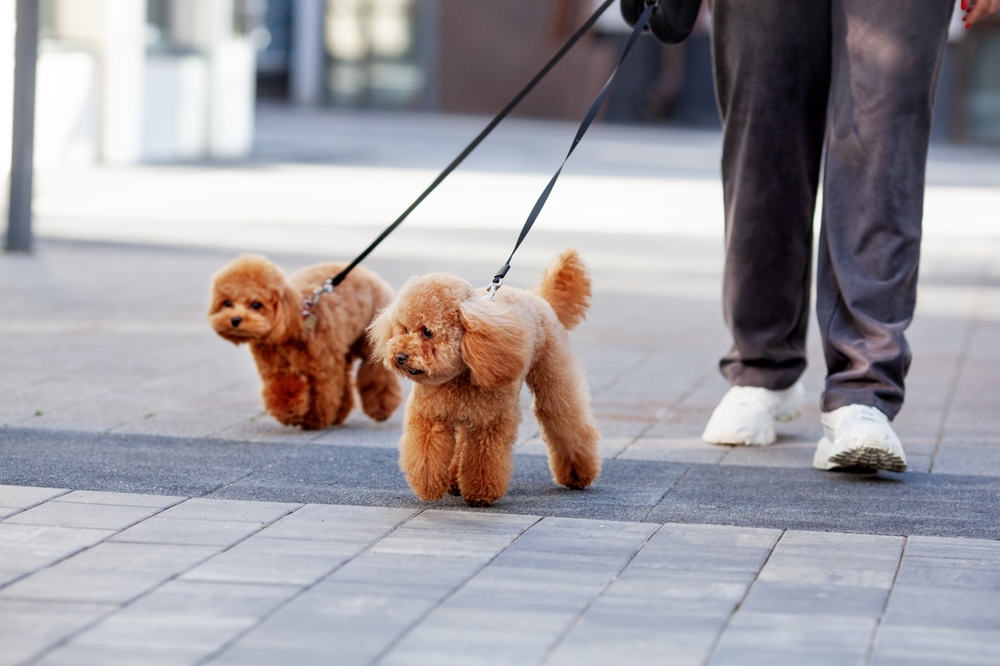
Exercise isn’t just crucial for humans; your dog needs it. Regular exercise helps maintain a healthy weight, reduces behavioral issues, and promotes cardiovascular health. Different breeds have different exercise needs, so tailor activities to suit your dog. A high-energy breed might enjoy hiking or running, while a lower-energy breed may prefer leisurely walks.
Engagement is just as important as exercise itself. Incorporate playtime with toys, and consider brain-stimulating games like fetch or agility training. These activities not only keep your dog physically fit but also mentally stimulated, preventing boredom and potential mischief. Remember, a tired dog is a well-behaved dog!
3. They Need Regular Vet Visits (Annual Check-ups Are Crucial)
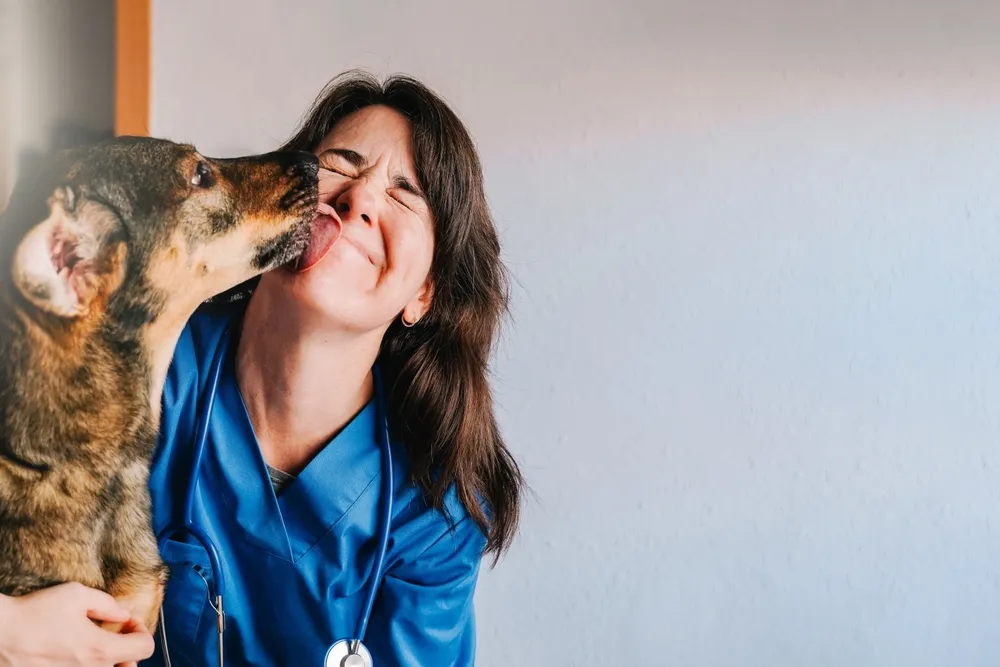
Let’s face it: nobody loves going to the doctor, including your dog. But regular vet check-ups are crucial to catch health issues before they become serious. The American Veterinary Medical Association recommends at least an annual visit for adult dogs, and more frequent visits for puppies and senior pooches. These check-ups are an opportunity to discuss any concerns and keep vaccinations up to date.
Monitoring your dog’s health also means being vigilant at home. Regularly check their ears, eyes, and skin for any unusual signs. Early detection of issues like ear infections or skin allergies can save your dog discomfort and you an emergency trip to the vet. Partnering with your vet ensures your dog stays healthy and happy.
4. They Need Mental Enrichment (Not Just Physical)
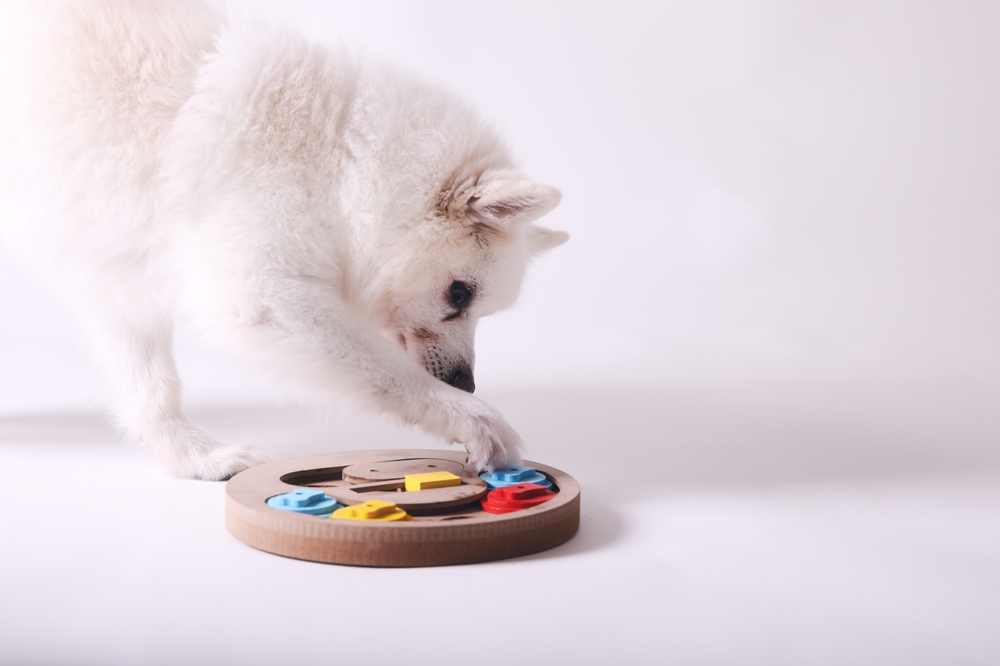
Mental stimulation is just as important as physical exercise for your dog. Dogs are intelligent creatures who need their minds challenged to prevent boredom. Activities like puzzle toys, training sessions, and scent games can keep their minds sharp. Spend time teaching them new tricks or commands, which not only stimulate their brains but also strengthen your bond.
Switch up their routine to keep things interesting. Rotate toys to make old toys feel new again and explore new environments during walks. This variety prevents predictability and keeps your dog’s mind engaged. With enriched mental stimulation, your dog is less likely to develop destructive behaviors, staying happier in the long run.
5. They Need A Social Life (Friends Help Them Live Longer)
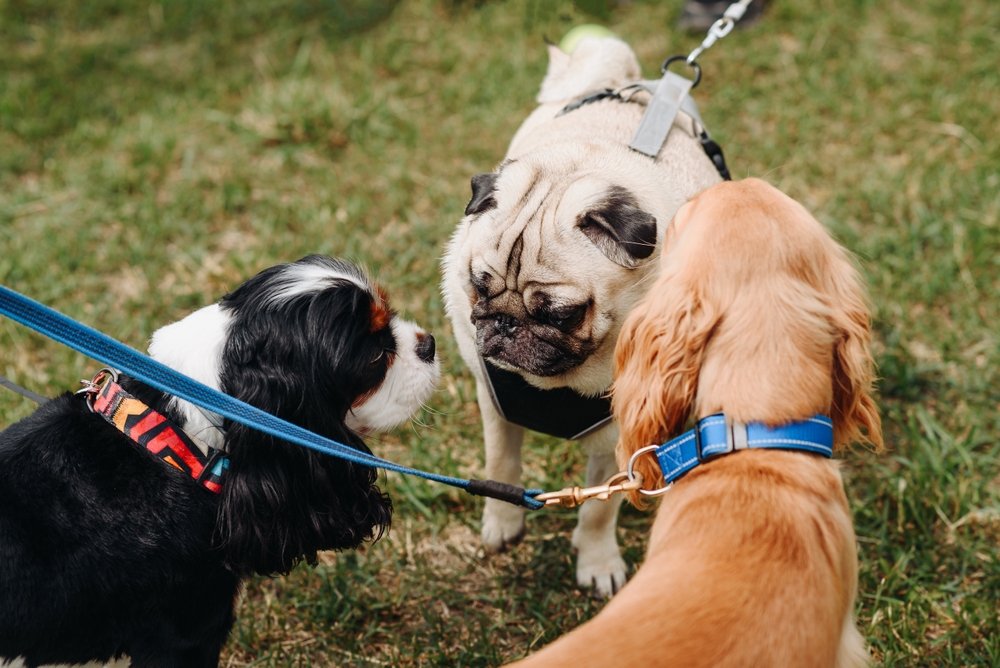
Socialization is vital for raising a well-adjusted dog. Early exposure to different people, environments, and other animals helps your dog develop into a confident adult. As highlighted by the American Society for the Prevention of Cruelty to Animals, socialization is crucial in preventing fear and aggression. Introduce your puppy to the world gradually and positively to build their confidence.
For adult dogs, continuous socialization is important, too. Arrange playdates with other dogs and visit dog-friendly places like parks or pet stores. These interactions teach your dog how to behave appropriately in various situations. Socialization is a lifelong process that contributes to your dog’s overall happiness and well-being, ensuring they’re friendly and adaptable companions.
6. They Need A Grooming Routine (It’s About Health, Not Looks)
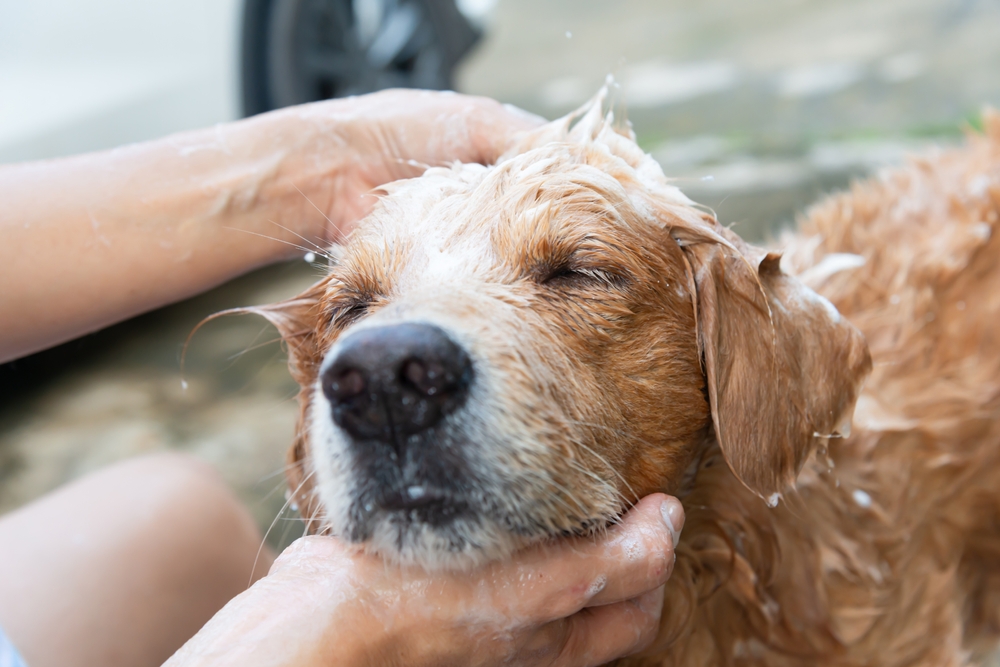
Grooming is more than just a beauty routine; it’s vital for your dog’s health. Regular grooming sessions help prevent skin issues and allow you to check for abnormalities like lumps or parasites. Brushing your dog’s coat reduces shedding and prevents matting, while also distributing natural oils that keep their skin healthy. Choose a grooming routine that suits your dog’s coat type, whether it’s daily brushing or monthly trims.
Bathing is also an essential part of grooming, though it shouldn’t be overdone. Too many baths can strip natural oils, leading to dry skin. Focus on using dog-specific shampoos that cater to their skin type and conditions. By maintaining a regular grooming routine, you ensure your dog feels comfortable in their skin and stays looking fabulous, no matter the season.
7. Their Dental Health Matters (Brush Their Teeth)
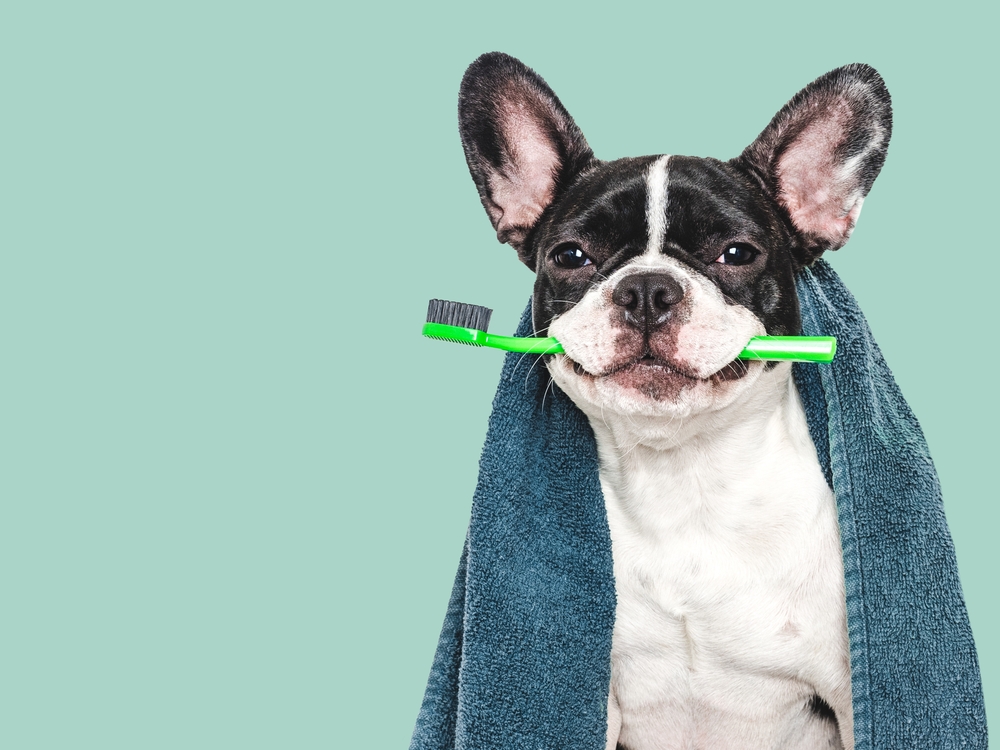
Your dog’s dental health is often overlooked, yet it’s crucial to their overall well-being. Poor oral hygiene can lead to periodontal disease, which affects not only their teeth but also vital organs like the heart. Regular brushing with dog-friendly toothpaste can prevent plaque buildup and strengthen gums. Aim for a few times a week, and pair it with dental treats or toys designed to reduce tartar.
During vet visits, inquire about professional dental cleanings if necessary. Signs of dental issues include bad breath, difficulty eating, or excessive drooling. By prioritizing dental care, you’re not just ensuring fresh doggy breath but also a healthier, happier life. Remember, a healthy mouth equals a healthy dog.
8. They Need Hydration (Water Is Life)
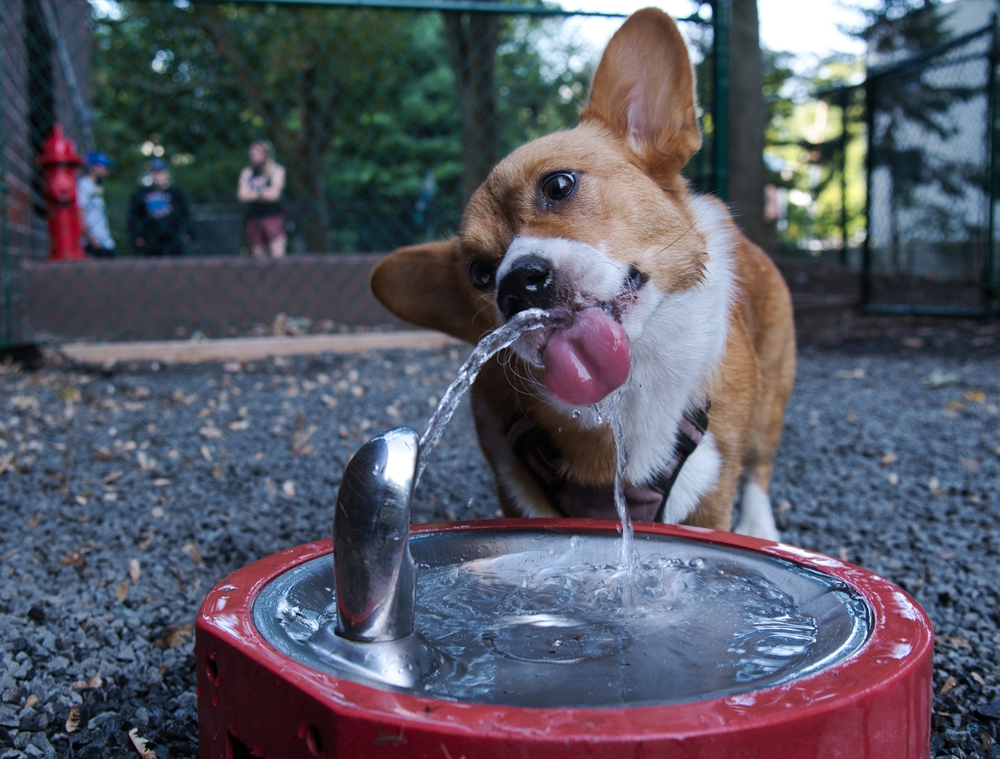
Water is life, and your dog needs plenty of it. Proper hydration supports their entire bodily function, from digestion to circulation. Ensure your dog has access to fresh water at all times, especially after exercise or during hot weather. Pay attention to your dog’s drinking habits; changes can indicate health issues that require a vet’s attention.
Hydration also plays a role in preventing urinary tract issues. Encourage your dog to drink more by flavoring water with a splash of broth or using a pet fountain to keep it enticing. Inadequate water intake can lead to dehydration and kidney problems, while too much may signal underlying conditions. Keep your dog hydrated to maintain their health and energy levels.
9. They Need A Safe Space (It’s A Must)

Every dog needs a place to call their own. Providing a safe, comfortable space for your dog to retreat to is essential for their mental health. Whether it’s a cozy bed, a crate, or a designated room, this space should be free from stressors like loud noises. Environments that contribute to anxiety or fear can negatively affect your dog’s behavior and well-being.
Make this space inviting with soft bedding and familiar toys. This sanctuary helps your dog feel secure and can be a helpful tool in stress management. It’s particularly important when introducing new family members or during events like thunderstorms. A safe space ensures your dog has a haven to relax, regroup, and feel at ease.
10. They Need A Routine (Consistency Is Everything)
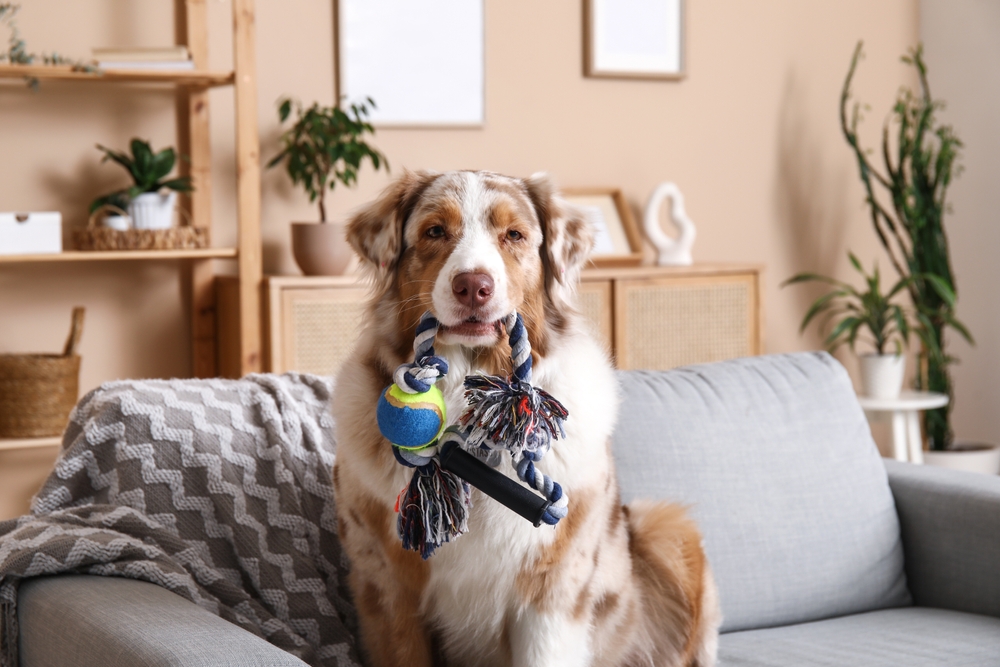
Dogs thrive on routine, making consistency key to a balanced life. Regular feeding, walking, and playtimes help your dog know what to expect, reducing anxiety. A consistent schedule also aids in house training and reinforces good behavior. Sudden changes in routine can lead to stress and behavioral issues.
However, it’s essential to balance routine with variety to keep life exciting. While meal and walk times should remain consistent, vary routes or introduce new toys to playtime. This approach keeps your dog engaged while maintaining the comfort of routine. Consistency provides a stable environment that supports your dog’s mental and physical health.
11. They Need Stress Management (Watch For Signs)

Stress isn’t just a human problem; dogs experience it too. Recognizing signs of stress in your dog is crucial for timely intervention. Common indicators include excessive licking, yawning, or changes in behavior like aggression or withdrawal. Addressing the root cause of stress, such as environmental changes or social dynamics, can alleviate these symptoms.
Implement stress-reducing strategies, such as calming pheromones or anxiety wraps. Provide opportunities for physical and mental exercise to help your dog manage stress naturally. If stress persists, consult your vet to rule out underlying health issues. Being attuned to your dog’s emotional state ensures they lead a happier, healthier life.
12. They Need Their Vaccinations (Stay Up-To-Date)
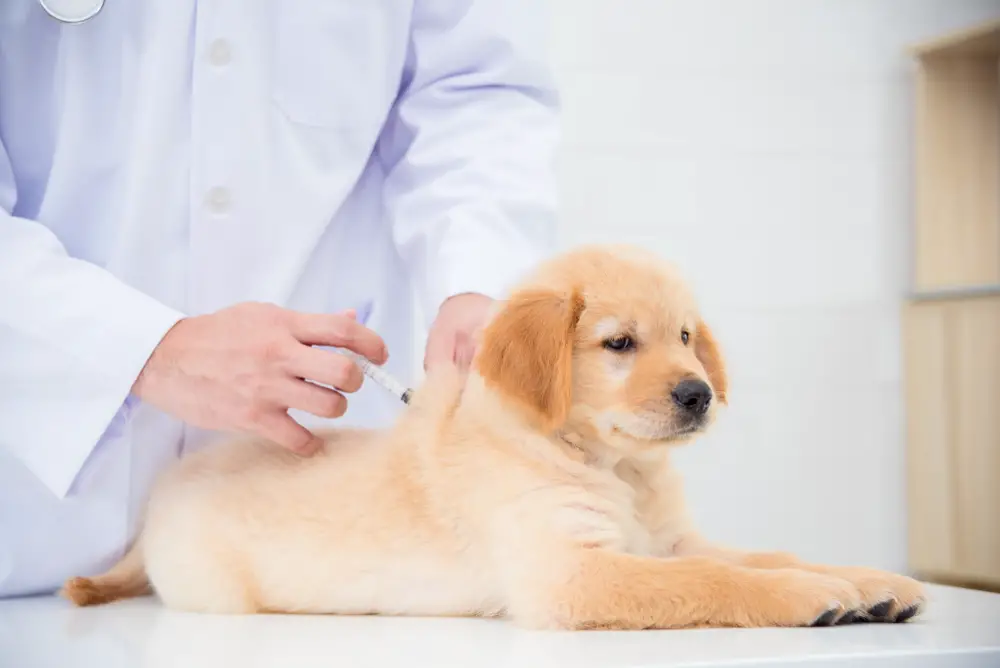
Vaccinations are a cornerstone of preventive healthcare for your dog. They protect against serious diseases like rabies, distemper, and parvovirus. Keeping your dog’s vaccinations current is crucial, especially if they frequent dog parks or boarding facilities. Work with your vet to determine the appropriate vaccine schedule for your dog.
In addition to core vaccines, consider lifestyle vaccines based on your dog’s activities and environment. For instance, dogs that swim often might need protection against leptospirosis. Staying informed about new vaccines and advancements in veterinary medicine can further safeguard your dog’s health. A well-vaccinated dog is a happy dog, ready to explore the world without worry.
13. They Need To Maintain A Healthy Weight (Watch Those Treats)
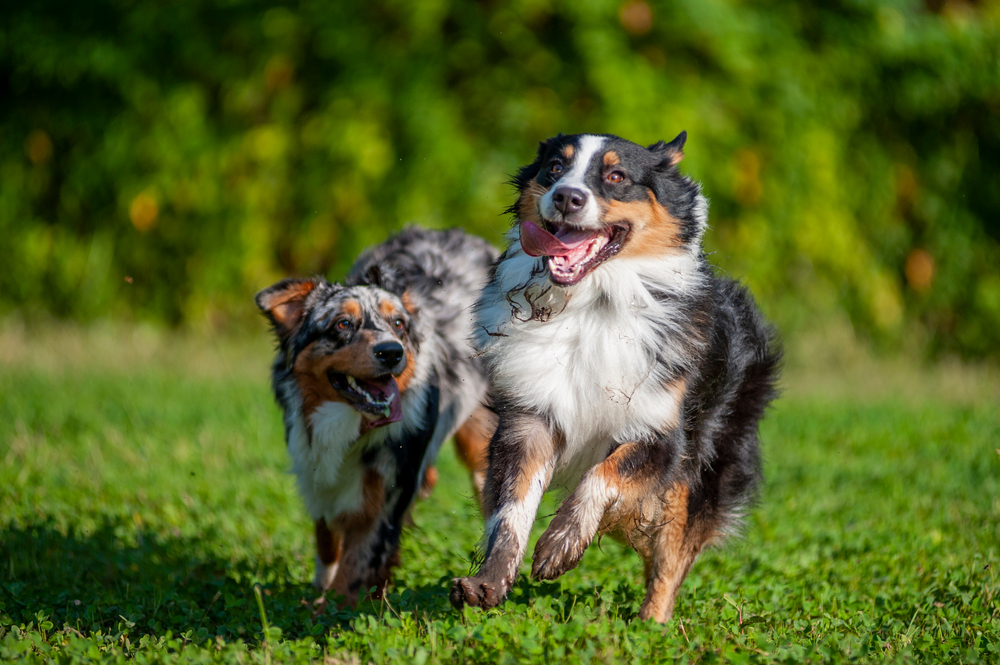
Obesity is a growing issue among dogs and can lead to serious health problems like diabetes and joint pain. Monitoring your dog’s weight is essential to their health and longevity. Regular weigh-ins and body condition assessments help you track their fitness. Adjust portion sizes or exercise routines to support a healthy weight.
Avoid feeding table scraps, which can contribute to weight gain and nutritional imbalances. Opt for healthy treats and incorporate them into your dog’s daily caloric intake. Keeping your dog at a healthy weight not only extends their life but also improves their quality of life. A fit dog is a happy dog, ready for whatever adventure comes next.
14. They Have Emotional Needs (Pay Attention)
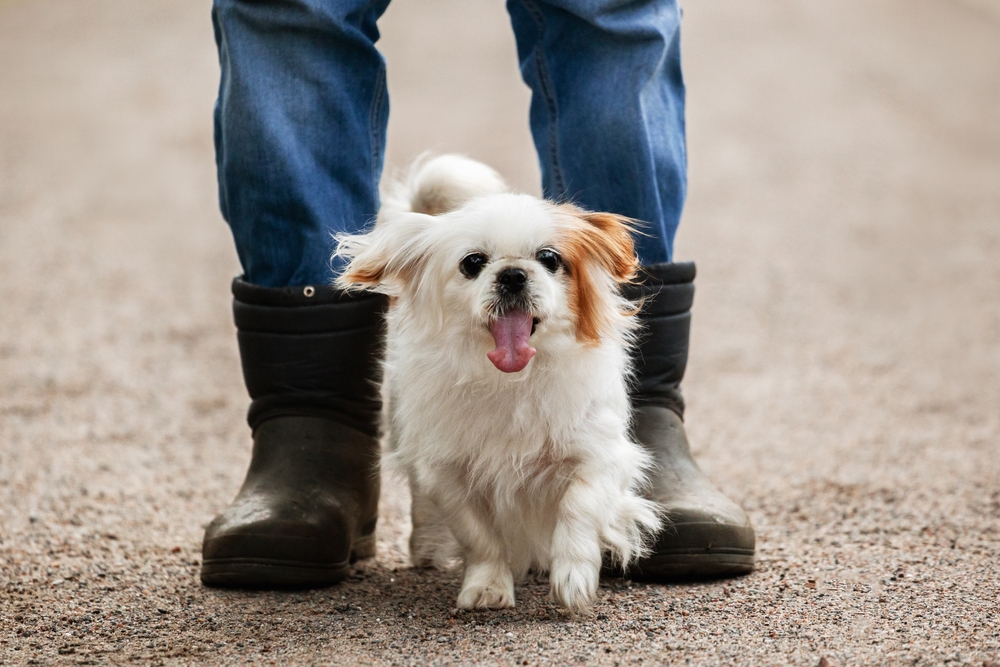
Every dog is unique, and being attentive to their individual needs is key to their happiness. Observe your dog’s behavior and health, noting any deviations from their norm. These observations can provide valuable insights into their well-being. Address any concerns promptly, whether they involve physical health or changes in behavior.
Open communication with your vet helps tailor care to your dog’s specific needs. Adjust routines or treatments based on their recommendations and your observations. Being attentive and proactive ensures your dog receives the best care possible. Your vigilance is a testament to your love and commitment to their well-being.
15. They Need Love And Affection (It’s How They Survive)
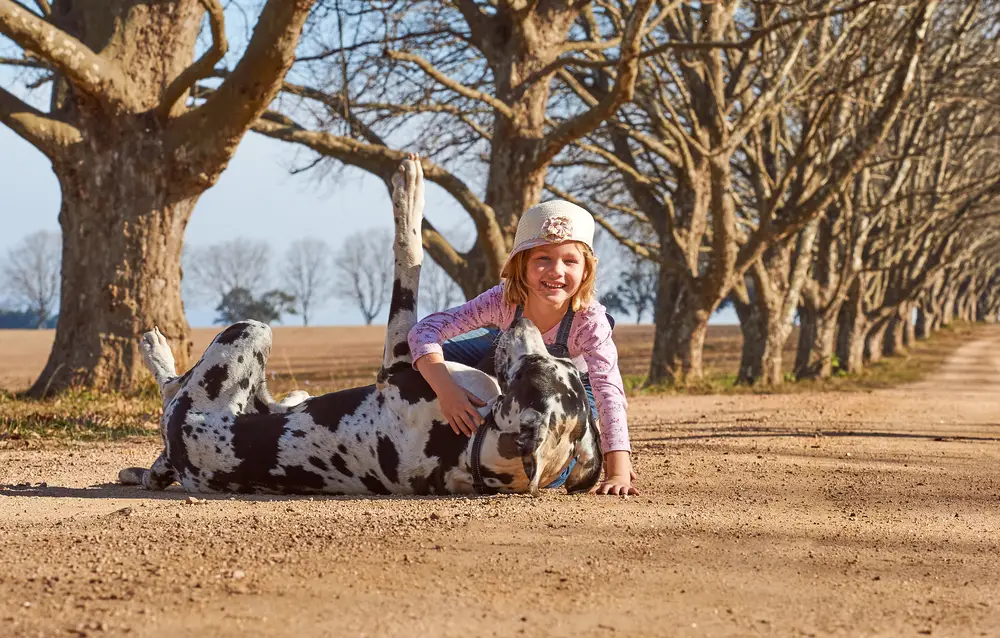
Ultimately, love and affection are paramount to your dog’s overall happiness. Dogs are social creatures who thrive on companionship and positive interactions. Make time to cuddle, play, and simply be present with your dog. These moments strengthen your bond and ensure your dog feels loved.
Affection also serves as a foundation for training and socialization. Positive reinforcement and encouragement make learning and adapting much more effective. Your love is the greatest gift you can give, providing comfort and joy in your dog’s life. A loved dog is a content dog, eager to be your faithful companion through thick and thin.
